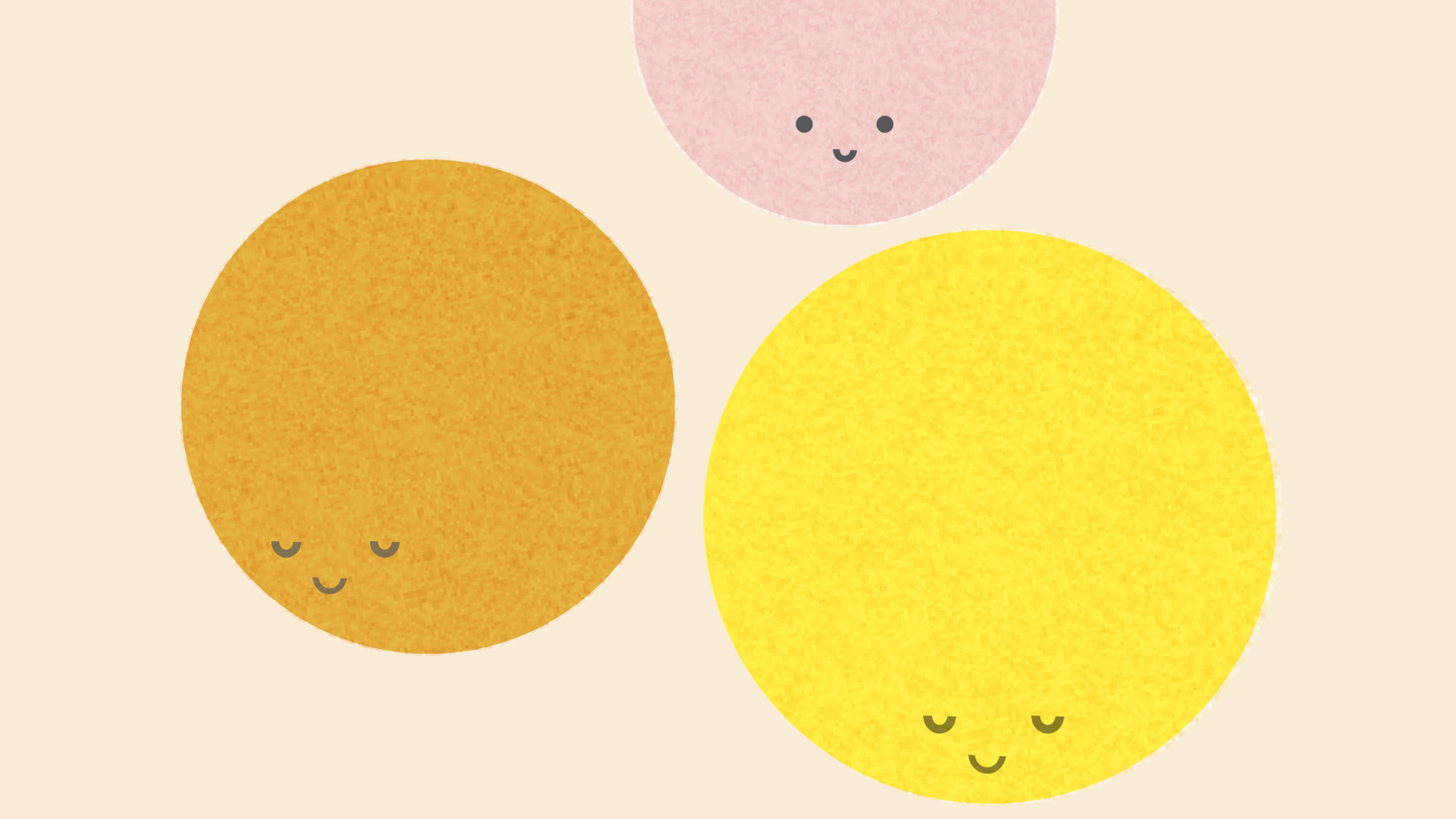Tips for coping with anxiety attacks
Before the lockdown, we spoke to Cub Scout Leader and consultant clinical psychologist Che Rosebert about recognizing anxiety and what to do to help. Whether you’re dealing with everyday anxiety or an anxiety disorder, we hope that some of these top tips help you find some space and calm.

The Cambridge English Dictionary defines anxiety as ‘an uncomfortable feeling of nervousness or worry about something that is happening or might happen in the future’. That’s right; you’ve felt this before. We all have at some point: before a flight, or job interview, the first day of school.
There are plenty of reasons that coronavirus is increasing anxiety for people of all ages. People may be worrying about others they care about, their usual routines are almost definitely disrupted, and plenty of other stressors (such as work, less reliable food supplies, and loneliness) pile on too.
So, some degree of anxiety is a totally normal response to the current situation. It’s helpful to remember that there’s a difference between everyday worries and full-blown anxiety disorders – it’s a bit like the difference between a seedling and the poison ivy it can grow into. Even the seeds of stress that we water regularly won’t automatically flourish into something bigger, and that’s thanks to a number of chemical, societal and biological factors that vary hugely from one individual to the next.
Right now, it can be especially hard to tell if your worry is, well, worrying. Everyone’s behaving in unusual ways (you wouldn’t normally try to keep two metres apart from everyone in the shops, for example) and coronavirus is affecting almost every aspect of our lives.
Before the lockdown, we spoke to Cub Scout Leader and consultant clinical psychologist Che Rosebert about recognising anxiety and what to do to help. Whether you’re dealing with everyday anxiety or an anxiety disorder, we hope that some of these top tips help you find some space and calm.
As always, if you think you need more support, reach out. Mind has information about your options, including speaking to your GP.
Top tips for managing anxiety at home.
Don’t dismiss it. ‘Don’t worry’, ‘you’ll be fine’, ‘calm down’ – try to avoid this kind of talk.
Let those experiencing anxiety know that fight or flight aren’t the only options – encourage them to accept their feelings.
Never undervalue a good night’s sleep. Studies show that a lack of sleep directly contributes to anxiety disorders, and we also know that being anxious can affect your sleep. If you’re struggling to rest, try to establish a routine and get stuck in to some calming activities before bedtime (even if you don’t feel very relaxed).
Get a journal. Journaling is a non-judgemental practice that’s been proven to have many benefits for good mental health. Writing regular journal entries is helpful in processing and confronting difficult experiences, events and feelings.
Indulge in some ‘ecotherapy’. Or, in other words, boost your mental health by heading outside. Spending time outdoors is proven to help with a variety of mood disorders, as well as lowering blood pressure and levels of the stress hormone cortisol. If it’s not safe for you to exercise outdoors, why not try a calming activity that brings nature into your living room?
Talk to someone. Whether it’s a family member, friend, teacher or Scout leader, remember that there’s nothing more therapeutic than sharing the load with an understanding confidant. Mind, Anxiety UK and No Panic all operate helplines.